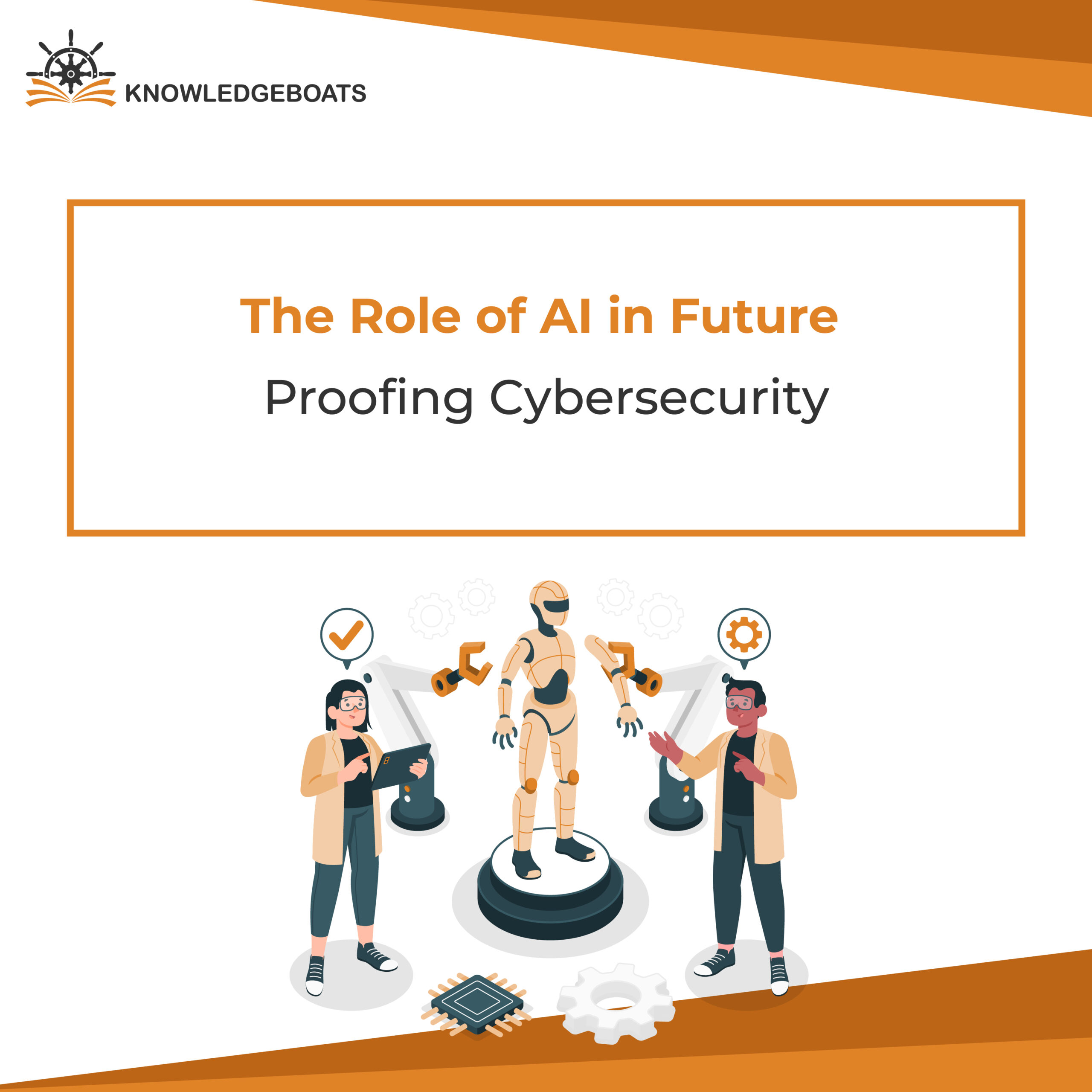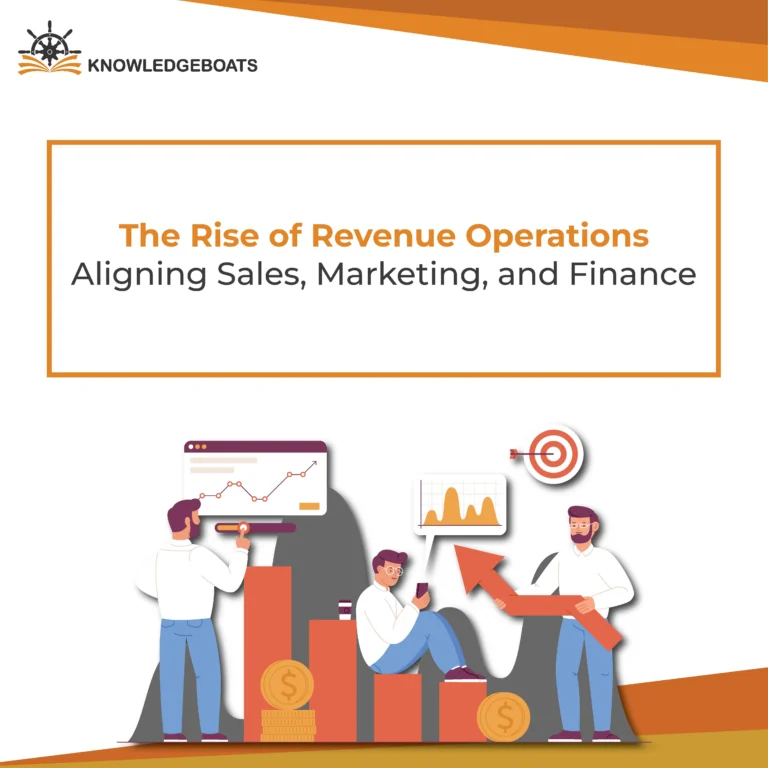
Let’s be real — the more we rely on technology, the more we expose ourselves to risks. Every click, every login, every app we use opens another door that cybercriminals might walk through.
That’s why cybersecurity can’t be an afterthought anymore. It’s got to be a built-in part of how we work. And let’s be honest the old tools aren’t cutting it. They’re too slow, too reactive, and frankly, they can’t keep up with how clever these attacks are getting.
Enter AI. It’s like having a digital watchdog that never sleeps. It spots weird behavior, learns from past mistakes, and even shuts down threats before you’ve had your morning coffee. Sounds futuristic? It’s already happening.
In this piece, I’ll walk through why AI isn’t just a cool bonus for your security team it’s quickly becoming a must-have. We’ll talk benefits, use cases, and how you can make it work for your business without overcomplicating things.
Why AI Makes a Difference in Cybersecurity
- It buys you time
The faster you can spot a threat, the less damage it causes. AI gets there faster than any human ever could not because it’s perfect, but because it doesn’t sleep and it doesn’t panic. - It reduces the “oops” factor
People miss stuff — it’s normal. AI doesn’t. It catches patterns we wouldn’t even notice, like a login at 2am from a country your company doesn’t operate in. - It helps you be proactive
Instead of waiting for a breach and then scrambling, AI gives you signals early on. Think of it like smoke before the fire but with more math.
What AI Actually Does for Cyber Defense
AI isn’t here to replace your security team. It’s more like giving them a jetpack. Here’s how:
- It gets smarter over time
Every incident, every log, every pattern — AI learns from all of it. That means your defenses get stronger the longer you use it. - It reacts instantly
No waiting for someone to notice a red flag. AI-powered systems can lock down access or isolate threats automatically. - It handles the grunt work
AI filters out the noise be it false positives, spammy alerts, harmless anomalies so your team can focus on the real stuff.
Of course, hackers are using AI too, which makes it a bit of a tech arms race. But if you’re not using AI yet, you’re already a few steps behind.
Why This Matters for the Future
Let’s zoom out for a sec. If you’re in the B2B world, chances are your clients expect you to take security seriously. And honestly, “serious” now means smart, automated, and adaptive.
Here’s what’s pushing AI to the front of the line:
- Cyberattacks are nonstop
In 2024 alone, 63% of critical infrastructure organizations got hit. That’s a lot. And it’s not slowing down. - Too much data, not enough eyes
You can’t watch everything manually. AI does. - Predict, don’t just react
AI looks at past trends to predict where the next issue might come from. It’s like future proofing, but with actual data. - Speed is survival
The faster you respond, the less damage you take. AI makes that possible.
Getting Started with AI in Your Security Strategy
If you’re sold on the idea, the next question is: How do you actually make it work?
- Start small and smart
Look at the pain points in your current setup. Maybe it’s alert fatigue. Maybe it’s slow response times. Find one area where AI could help and test it there first. - Choose tools that play well with others
Don’t rip out everything and start fresh. Use AI tools that integrate smoothly with your existing systems. - Feed it good data
AI’s only as smart as what you feed it. Clean up your logs. Organize your network data. That way, algorithms have something useful to learn from. - Check in regularly
AI isn’t magic. You’ll still need to tune it, retrain it, and monitor how it’s doing over time. - Stay curious
The tools will evolve. So should your team. Keep an eye on what’s new and tweak your setup accordingly.
How AI Improves Cyber Risk Management
Here’s how AI really pulls its weight:
- Faster threat detection
AI flags risks in seconds, not hours. That’s a game-changer in the middle of an attack. - Fewer false alarms
Tired of chasing down non-issues? AI can cut through the noise. - Proactive threat hunting
Don’t just wait for alerts. Let AI sniff out suspicious behavior before it becomes a problem. - Smarter incident response
AI can auto-isolate infected devices or block shady IPs without needing manual input.
Conclusion
AI isn’t a nice-to-have anymore, it’s part of staying secure in a world that’s constantly under attack. But you can’t just plug it in and walk away. AI needs guidance. It needs clean data. And it needs people who know how to use it well.
The good news? Once it’s in place, it makes your security team faster, sharper, and more effective.
Cyber threats aren’t going anywhere. But with AI in your corner, you’re not just reacting to what you’re predicting, adapting, and staying a step ahead.
And in today’s world, that makes all the difference.



